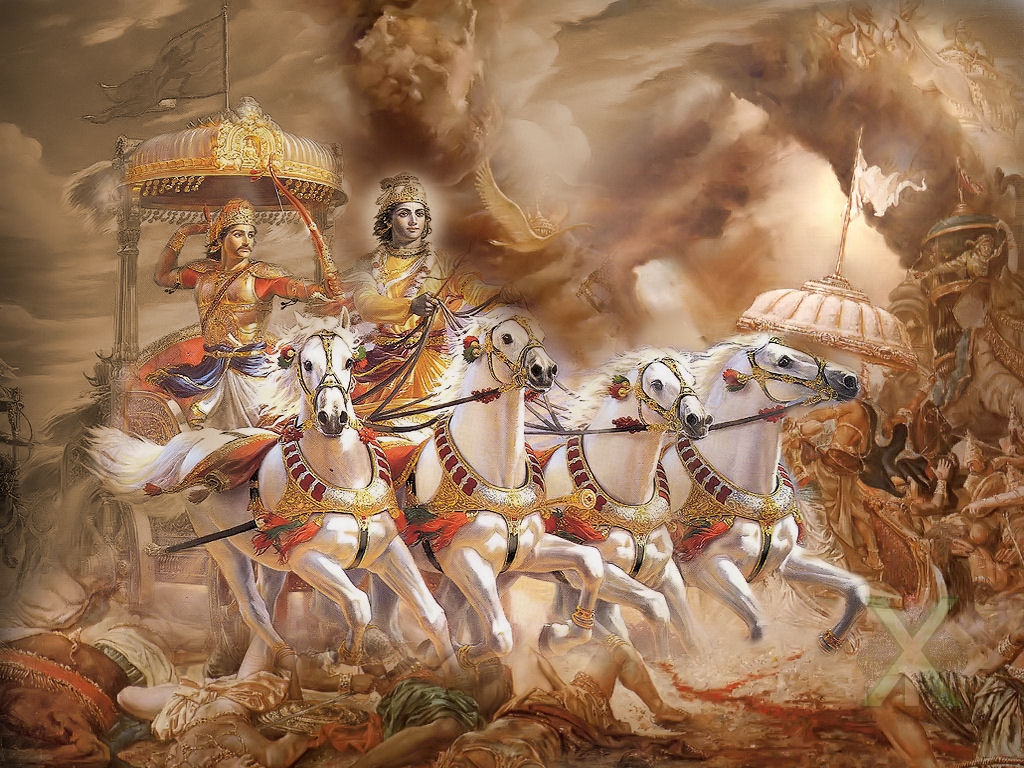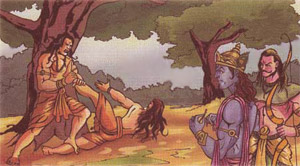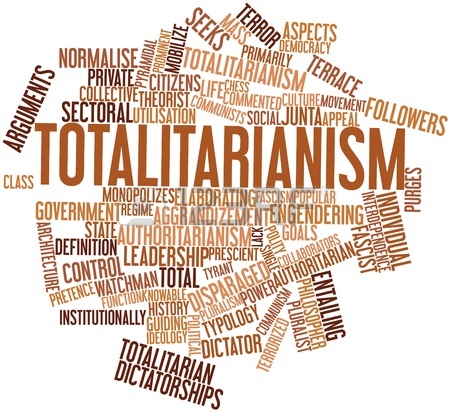Anarchists believe that human beings should not be subjected to any authority or dominance. They are dead against coercive measures of any kind regardless of the utility or nobility of the objective. To understand the anarchist perception of things it is important to understand what kind of authority they are against. Does authority also include the influence that an expert might have on the opinion of his fellow being or does it only mean that authority vested in an office? Bakunin explains the anarchist position thus:
To abolish mutual influence would be to die.when we reclaim the freedom of the masses, we hardly wish to abolish the effect of any individual’s or any group of individual’s natural influence upon the masses. What we wish is to abolish artificial, privileged, legal, and official influences. [The Basic Bakunin, p. 140 and p. 141]
In other words, anarchists have no objection to people taking into account the opinion of others before making their own decision and some of these opinions might also be accorded far greater credence and weight than others. However, so long as one is free to make one’s own decisions, anarchists are satisfied. Their problem starts when somebody is vested with the authority to direct and those directed are forced to act accordingly.
Of course, hierarchies are not built without taking competence and expertise into account. Therefore, those who are placed higher are usually more competent and experienced than their subordinates, but their orders and directions are not followed in acknowledgement of their ability but on account of the authority vested in their office. A subordinate is bound to go as per the directions of his superior. Anarchists are offended by this arrangement because it has coercion built into it. This is essentially a moral position, which is quite clear when Kropotkin says, “In a society based on exploitation and servitude human nature itself is degraded.” [Anarchism, p. 104]
Any social arrangement would naturally need coordination, which implies that at some point the individual members of the society will have to subordinate the elements of their individualities for the collective good or a collective effort. And this would lead to a few people leading a large group and every member of this group would follow the directions of the much smaller group of people leading them. It is also very likely that within this group of leaders some would be more influential than the others and there would emerge a hierarchy within the leader group as well. Therefore, such an arrangement, no matter how democratically run, would be no less hierarchical and authoritarian than the arrangement that the anarchists wish to overthrow.
To this position, Proudhon responds thus:
Either the workman will be simply the employee of the proprietor-capitalist-promoter; or he will participate. . . [and] have a voice in the council, in a word he will become an associate. In the first case the workman is subordinated, exploited: his permanent condition is one of obedience. . . In the second case he resumes his dignity as a man and citizen. . . he forms part of the producing organisation, of which he was before but the slave; as, in the town, he forms part of the sovereign power, of which he was before but the subject . . . we need not hesitate, for we have no choice. . . it is necessary to form an ASSOCIATION among workers . . . because without that, they would remain related as subordinates and superiors, and there would ensue two. . . castes of masters and wage-workers, which is repugnant to a free and democratic society. [General Idea of the Revolution, pp. 215-216]
So, Proudhon seems to say that so long as those working together have a say in the decision making, it is not the kind of hierarchy he is against. But then, there are several kinds and levels of decision making. If it is simply about the objective of the endeavour, the worker at the time of joining voluntarily accepts to be part of the activities the organization undertakes in normal course of business and also implicitly agrees with the objectives the organization pursues. When a person enters an organization his work profile is also clearly outlined, which means that he is clear about what he is supposed to be and what he is expected to deliver. Again, he voluntarily accepts that. It goes without saying that he is also aware that his work will be monitored and he would have to perform to the satisfaction of his superiors. This also means that he voluntarily submits to the guidance and direction of his superiors. His association with the organization he works for is not forced but is based on an agreement voluntarily entered into by both the parties. So far as the day to day decision making is concerned, it can always be justifiably resisted on the grounds that it would not be conducive to the smooth working of the organization.
Moreover, even if the organization is of the kind Proudhon conceives of with as democratic a process as possible, the structure would still be hierarchical and the authority and control of the superiors over their subordinates would still remain intact. In the event of the workman not performing to the satisfaction of his superiors, he would be liable to be removed because if he cannot perform as well as he is expected to, he cannot be allowed to continue to serve. No matter how rational and fair the process of such expulsion from the organization is, the fact remains that the threat of being removed would stand. Again, the authority remains intact.
Anarchists seek to remove all kind of dominance and promote free association and cooperation. However, when it comes to coordination and cooperation, some sort of hierarchy has to be there without which there would be a lot of talk and little work. Hierarchies are, therefore, indispensable on account of being crucial to coordination. Hierarchies were not imposed from above simply because someone thought it was a good idea, but because the hierarchical structure evolved over a period of time and turned out to be the best suited and the most natural way to human cooperation and coordination. Therefore, when anarchists attempt to abolish all authority and bring down all kinds of hierarchical structures, they fail to supply an alternative and end up trying to purge hierarchy of all that they consider most offensive. Besides, even if hierarchy is abolished at one go, it is bound to return in some form and gradually transform itself into the original form that was abolished in the first place.
Originally published as part of Thinkers and Theory series in Lawyers Update in May 2010






